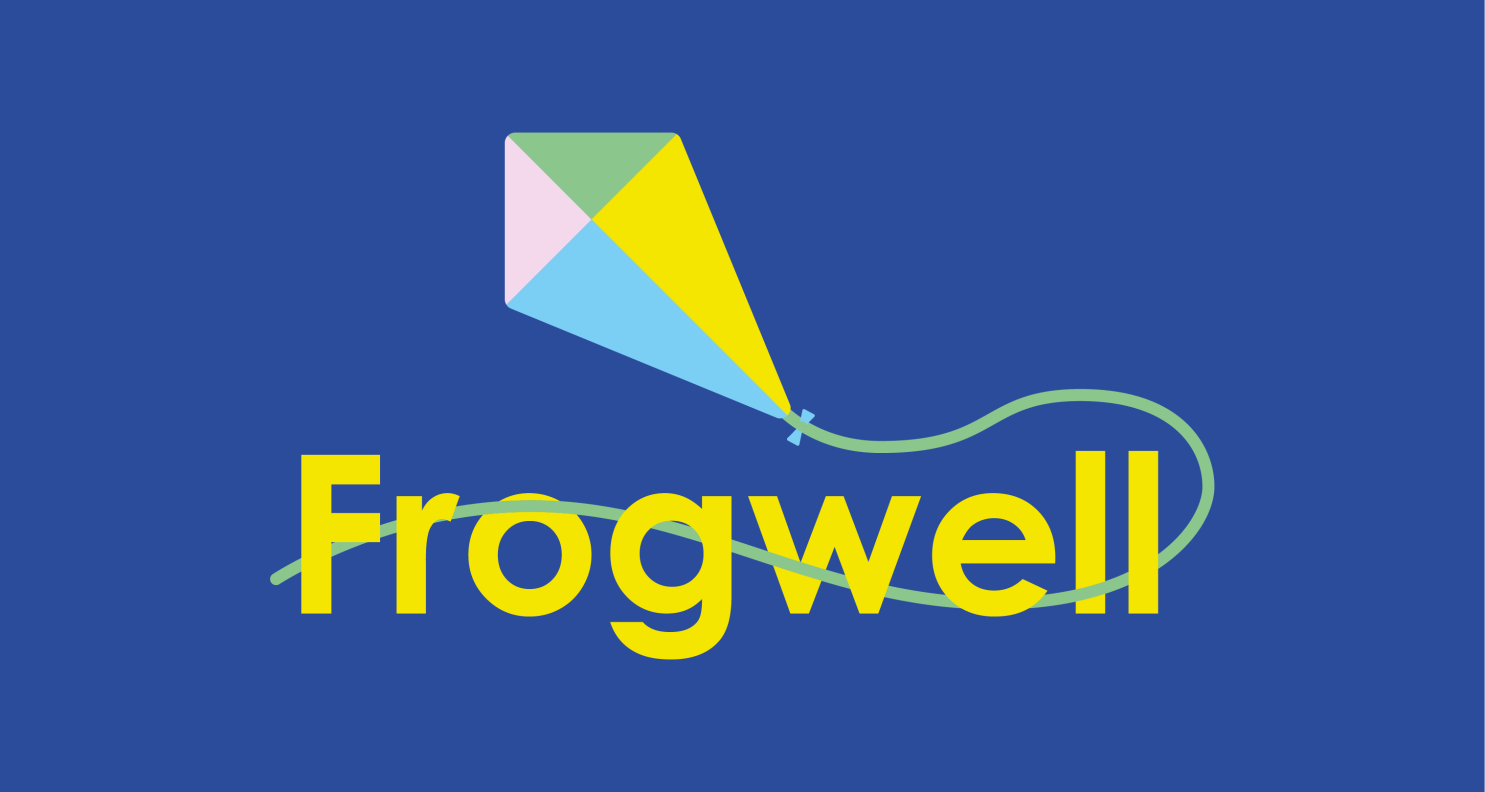PSHE
What does PSHE at Frogwell offer our children?
At Frogwell, we believe that teaching personal, social, health and economic education (PSHE) and relationships and sex education (RSE) is integral to providing a broad and balanced curriculum. PSHE is at the core of what we do and enables our children to become independent, responsible, healthy and confident members of the society, as well as developing the “whole child” intellectually, morally, socially and spiritually. With an ever-changing society and an increasing range of influences, we are able to provide our children with a strong understanding of the diverse world around them and support them in playing a positive role in contributing to our school and wider community. Pupils’ spiritual, moral, social and cultural (SMSC) development is fully at the heart of our school ethos. British Values are promoted through the overarching aims and objectives of PSHE by supporting our children to become healthy and responsible members of society, as well as preparing them for life and work in modern Britain.
What are the main aims of our PSHE curriculum?
At Frogwell Primary School, we recognise the importance of personal, social, health and economic (PSHE) education and the role it plays in developing our pupils into healthy, independent, and responsible individuals. Our curriculum builds upon the children’s first stages of development through progressive and sequenced topics, which revolve around three key themes:
- Relationships
- Health and wellbeing
- Living in the wider world.
At Frogwell, our PSHE curriculum demonstrates appropriate subject knowledge, skills and understanding to fulfil the statutory duties of the Relationship Education (RE), Relationship and Sex Education (RSE) and Health Education (HE) curriculums. It is hoped that our overall curriculum is designed to directly support the pastoral education of our pupils as well as the academic outcomes that the school aims for.
How is the teaching of PSHE organised?
We believe that PSHE plays a vital part of primary education and is therefore timetabled to be taught at least weekly to ensure that quality time is dedicated to these areas. There are always occasions where teachers may feel it necessary to teach PSHE as a result of an issue that has arisen in their own class. Many objectives from the curriculum will also be covered as an important part of school assemblies, where children’s spiritual, moral, social and cultural curiosity is stimulated, challenged and nurtured.
The distribution of the lessons complements key campaigns throughout the year, such as National Anti-bullying Week and E-safety Week. Teachers follow a Primary Scheme of Work called SCARF – Safety, Caring, Achievement, Resilience, Friendship (Coram Life Education). Developed by teachers and centred on a values-based and ‘Growth Mindset’ approach, SCARF’s lesson plans and resources help to promote positive behaviour, mental health, wellbeing, resilience and achievement. SCARF lesson plans follow six main areas for termly coverage, and are ordered as follows:
- Me and My Relationships
- Valuing Difference
- Keeping Myself Safe
- Rights and Responsibilities
- Being my Best
- Growing and Changing.
In addition to dedicated PSHE lessons, many other curriculum subjects make a link to PSHE, British Values, SMSC and the language is used consistently by all staff. Class learning is recorded in a Floor book that is displayed in the classroom and revisited to reinforce prior learning and reinforce key ideas.

